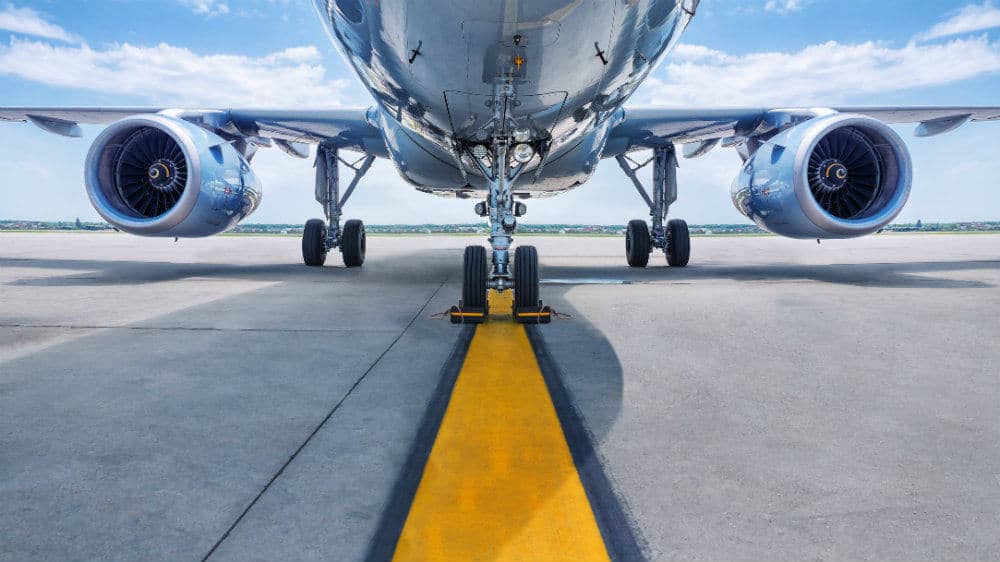After Air Canada (TSX:AC) reported a 2020 net loss of $4.65 billion in February, the hopes of a bailout pushed the stock to new highs. The stock even touched $31, but the optimism died down due to delays in the bailout. When the Justin Trudeau government announced the $5.9 billion bailout, why did the stock drop 5% and is still falling? Did investors overreact to the equity stake the government will get from the bailout?
It’s probable that investors misunderstood the bailout terms around the no-stock buyback and feared that the equity warrants will dilute their interests. Don’t jump to conclusions and panic sell. In this article, I will explain what this bailout news means to you as an investor.
Understanding the Air Canada bailout
The government gives a bailout using taxpayers’ money. Hence, it has to ensure that all parties — employees, travelers, the company, its suppliers, and the overall economy — win. Keeping this in mind, it announced a $5.9 billion conditional bailout for Air Canada. The government will disburse this bailout in the form of five new low-interest credit facilities worth up to $5.4 billion plus $500 million in equity capital.
Among the five loans, $2.48 billion are unsecured loans, which means the government cannot recover this amount in the case of a default. Then the $500 million equity warrant will give the government a 9.7% stake in AC if it exercises all warrants, according to CIBC analyst Kevin Chiang. While a 9.7% stake is greater than anticipated, the size of the bailout package makes up for the dilution.
The bailout conditions
A sizeable bailout has its conditions.
To protect travelers:
- A $1.4 billion loan is specifically to help AC refund ticket money of flights canceled on and after February 1.
- The airline has also agreed to restore service on 13 suspended regional routes and seven other routes through agreements with regional carriers.
To protect tax holders:
- AC has agreed to cap executive compensation at $1 million.
- It will also restrict capital expenditure and suspend dividend payments and share buybacks until the loan period.
To protect employees and suppliers:
- AC has agreed to maintain its workforce at April 1st level (14,859 Canadian employees). The airline has already slashed more than 21,700 jobs.
- It will complete the purchase of 33 Airbus A220 aircraft manufactured in Quebec, indirectly saving several jobs. The airline is also hopeful to complete the purchase of 40 Boeing 737 Max aircraft.
In addition to the above bailout, AC will continue to access the Canada Emergency Wage Subsidy (CEWS) in 2021 after availing $554 million in the program in 2020.
What does Air Canada’s bailout mean to investors?
AC is walking on thin ice, burning $15-$17 million per day. This cash burning was more hurtful, because the airline took the money at 9% interest. If you are bearish, because there will be no dividends or buybacks during the loan period, the piling up interest burden would have pushed the airlines to losses for a longer term. A loss-making company with negative cash flows doesn’t pay dividends. This clause will help AC focus on repaying its debt faster.
The ticket refund will help AC calm angry passengers and win back their loyalty. The money AC will use to purchase new aircraft will help it reduce fuel consumption. The new aircraft are 20% more fuel efficient and will help reduce carbon emissions.
When borders re-open, the bailout will help AC be competitive with other world airlines and offer competitive pricing to its passengers. After excluding the $1.4 billion loan for a ticket refund, it still has $4.5 billion in bailout money, which is equivalent to its one-year loss.
Now, AC will not use up all the money in one go. It will only withdraw the money it needs to stay operational. The airline already has $8 billion in liquidity. The bailout gives it a one-year additional lifeline (2022) to survive on 20% capacity.
Final thoughts
The bailout money will give help AC accelerate its recovery to profits. That is where the government could exercise equity warrants and benefit from the airlines’ recovery. But that’s a seven- to 10-year horizon. Penalizing the stock for a dilution that will happen seven to 10 years from now is an overreaction. At least the bailout will prevent AC stock from going to $0.









